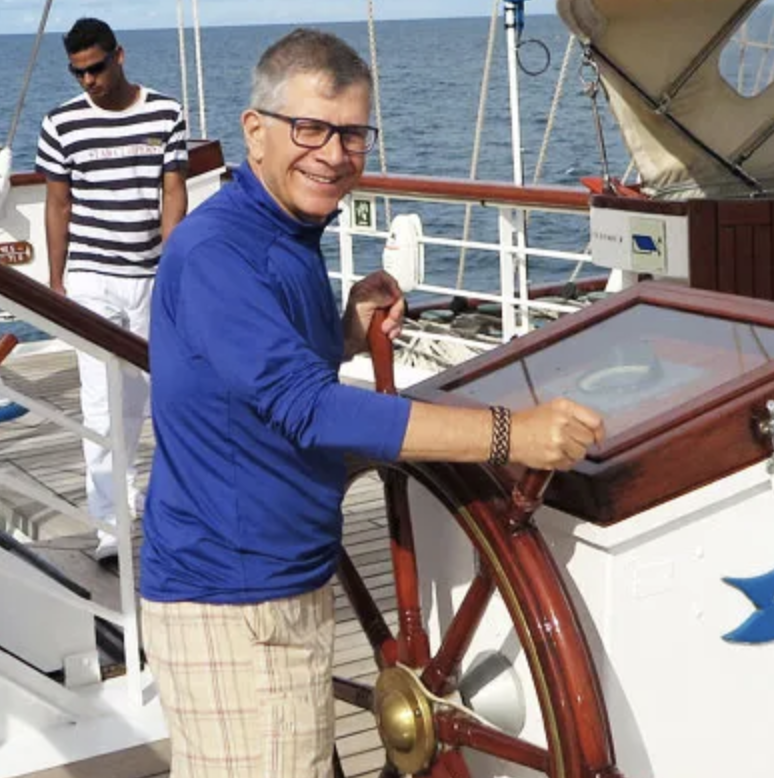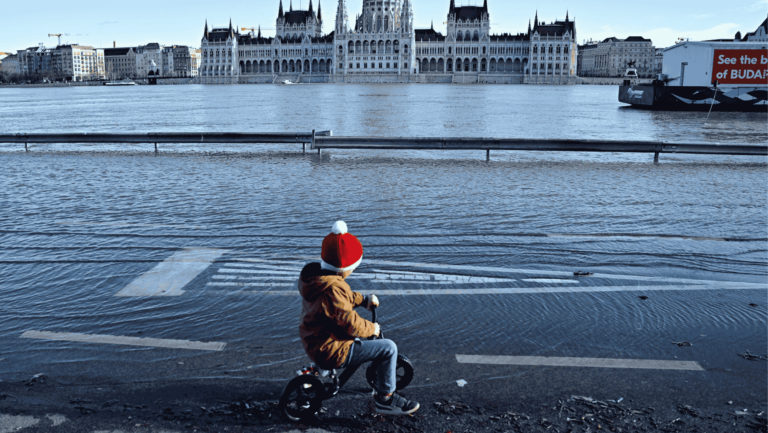As Eastern Europe begins to rebuild after Storm Boris, major river cruise lines including AmaWaterways and Uniworld are tentatively resuming operations.
After facing major disruptions due to severe flooding caused by Storm Boris, major operators have confirmed the resumption of normal operations along the Rhine and Danube rivers.
AmaWaterways has officially announced that all their sailings are back on track, while other key players in the river cruise market, including Scenic and Viking, have lifted their cancellation and travel warnings.
Passengers aboard the river cruise ship MS Thurgau Prestige who were stranded on the ship for several days were finally able to disembark in Vienna and make their way home.
Shirnett Fleet, Chief Marketing Officer at Uniworld, shared encouraging news with Cruise Passenger, stating, “Most of our cruises in Central Europe are operating normally again, with only minor adjustments or deviations needed on a few cruises at this point. Guests can be assured that any adjustments made will meet Uniworld’s strict standards for quality and service, delivering the 5-star experience that they know and expect.”
Avalon Waterways announced the cancellation of two upcoming Danube cruises. “For this situation, there are two Avalon Danube cruises that have been disrupted, causing significant itinerary changes and two future cruises that will be cancelled. We are communicating changes, plans, options and refunds with guests – and travel advisors – directly,” their statement said.
Battling Boris on the steps of parliament
Storm Boris is still being felt across Central and Eastern Europe, where the Danube River peaked at a ten-year high in Budapest, with floodwaters reaching the steps of parliament.
In response to the floods, Hungary deployed soldiers to reinforce barriers along the Danube, while thousands of volunteers pitched in to fill sandbags across riverside communities. Prime Minister Viktor Orbán provided updates during a special flood briefing, indicating that riverbanks will reopen in this week, although the water level decline is anticipated to be gradual.
Storm Boris lashed the region with between 7 and 20 per cent more rain than a similar storm would have in a preindustrial world, according to an analysis by World Weather Attribution. In twisted irony, this time last year several river cruises to the same area were canceled due to low water levels.
On Tuesday Austria and Switzerland moved forward with a pledge to invest €2.1bn (AUD $3.37 billion) in preventing future flooding along the Rhine River. Approved by the Austrian parliament, it’s still awaiting final sign off from the Swiss government and could be subject to a referendum.
Austria also announced a package of measures in response to severe flooding across the country, including a tripling of the federal disaster fund. Future-proofing the vital waterways for more superstorms like Boris has become a priority well beyond river cruising.
With almost 10,000 vessels registered in Rhine countries and additional fleets in Danube countries and other European nations, the diversity and capacity of the cargo vessels that rely on clear passage is substantial.

The future of river cruising on the Rhine and Danube
Eastern Europe has steadily become a favourite destination for millions of tourists each year, drawn to its thermal spas, ornate cities, and thriving wine regions.
It’s a symbiotic relationship as tourism is a vital pillar in the country’s economy. Last year total revenue for tourism in Hungary alone climbed 23 per cent year-on-year to HUF 860 billion (AUD 3.52 billion). In 2019 Germany reported hosting 2.58 Million river cruisers on the Rhine and Danube, yielding AUD $104 Million.
Obviously there’s a huge trend towards growth but to avoiding getting stuck midstream, river transport will have to adapt to the climate emergency. Protecting fragile ecosystems is going to become just as important an issue as developing infrastructure if we want the iconic rivers to remain a sustainable transport and leisure option.




